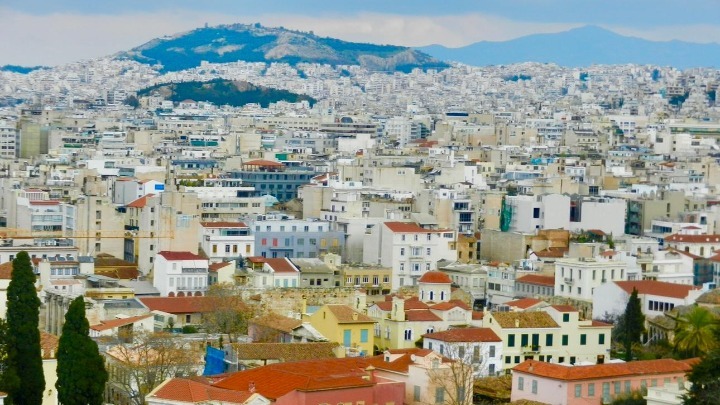From a buyer who once acted more emotionally and less strategically, we have now reached a more mature stage—one where properties are chosen with a clear objective: added value and investment rationale. As Korina Saia, CEO of Premier Realty Greece, notes:
“Luxury real estate is no longer solely a symbol of social status or a store of wealth, but a life choice based on added value and investment logic.”
This shift reflects the broader maturation of the Greek market, as well as the buyer’s adaptation to new circumstances. The era of passive purchases driven by social prestige or holiday use appears to be behind us.
Today, buyers evaluate properties comprehensively—from location and energy performance to potential returns.
“The buyer is more cautious, aware of market values, assesses prospects, and chooses based not only on aesthetics but also on performance potential,” Ms. Saia emphasizes.
The areas attracting the majority of such investments remain consistent. In the northern suburbs, Kifisia, Politia, and Ekali retain their premium status as traditional and secure destinations. In the south, Voula, Vouliagmeni, and Elliniko are at the forefront—particularly following recent urban redevelopment and new growth prospects. Significant interest is also recorded in the Cyclades, where properties combine the possibility of personal use with high returns through tourism exploitation.
Price ranges vary, but according to Premier Realty Greece, most transactions fall between €800,000 and €2,000,000, with many residences exceeding €2.5 million.
Yields average between 4% and 6%, depending on location, construction quality, and property use (whether for owner occupancy, long-term rental, or short-term leasing).
At the same time, there is a clear distinction in how Greek buyers approach purchasing decisions compared to foreign investors.
“Foreigners usually approach the market more technocratically, whereas Greeks tend to have a stronger emotional connection to the property and its location. They see it as part of their life and a long-term security for their family,” notes Ms. Saia.
While foreign buyers focus primarily on the southern suburbs or island destinations—motivated by the Golden Visa program or investment returns—Greeks are more interested in long-term solutions that combine housing, investment value, and inheritance potential.
A noteworthy development is that the Greek real estate market no longer attracts only international interest, but is also experiencing growing domestic demand.
“In recent years, we have recorded a steadily increasing interest from Greek buyers, who invest with knowledge and long-term perspective, showing trust in the Greek market,” Ms. Saia highlights.
This trend reflects both the recovery of the Greek economy and the search for safer investment options in a context of geopolitical and financial instability.
Today, the choice of a luxury residence is no longer limited to a single use. Prospective buyers seek properties that offer flexibility—serving as a primary or holiday home, tourist accommodation, or a future asset for their children. There is increasing emphasis on quality factors such as energy efficiency, autonomy, shared facilities, access to infrastructure, and ease of maintenance. Many also focus on developments near emerging areas or future infrastructure projects, viewing the purchase as part of a long-term plan.
Ms. Saia summarizes the current landscape as follows:
“In 2025, the luxury real estate market in Greece is in a phase of maturity, and Greek buyers have returned to it with strength. They are not merely buying property—they are investing in their future.”















